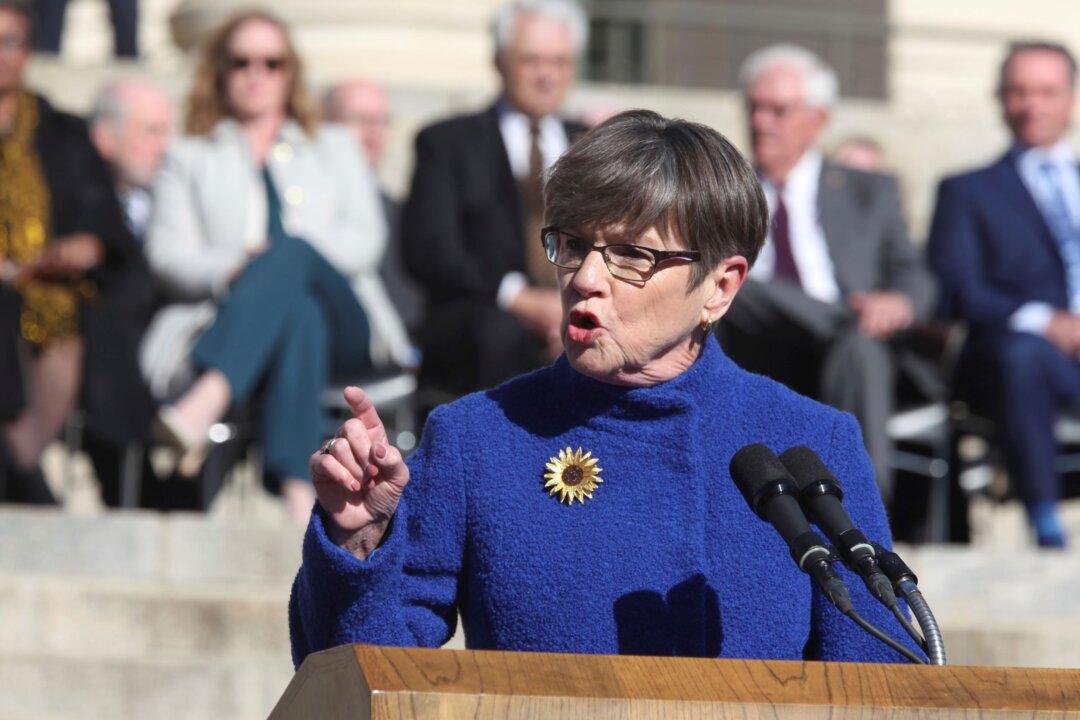Kansas lawmakers voted Tuesday to pass a bill defining what it means to be a woman, forwarding it to the Democrat Gov. Laura Kelly’s desk Tuesday.
The Republican-controlled Senate passed the Women’s Bill of Rights in a 28–12 majority vote, with all GOP members voting yes except for one, and all Democrats voting no. The bill’s summary says it is “establishing the women’s bill of rights to provide a meaning of biological sex for purposes of statutory construction.” The bill comes at a time when partisan divisions have been riling up discussions around the use of terms like gender, sex, male, female, man, and woman.





